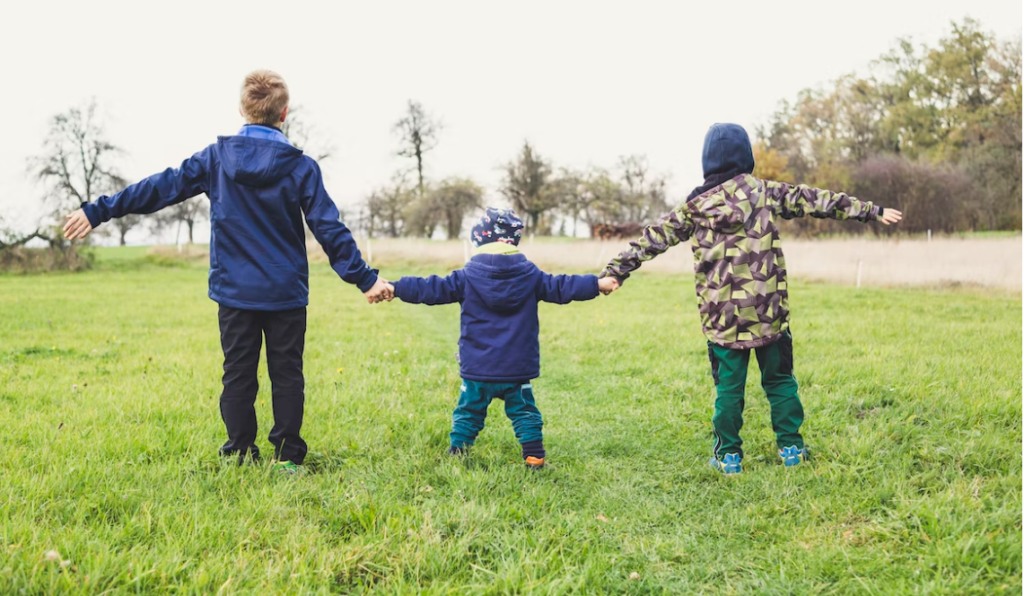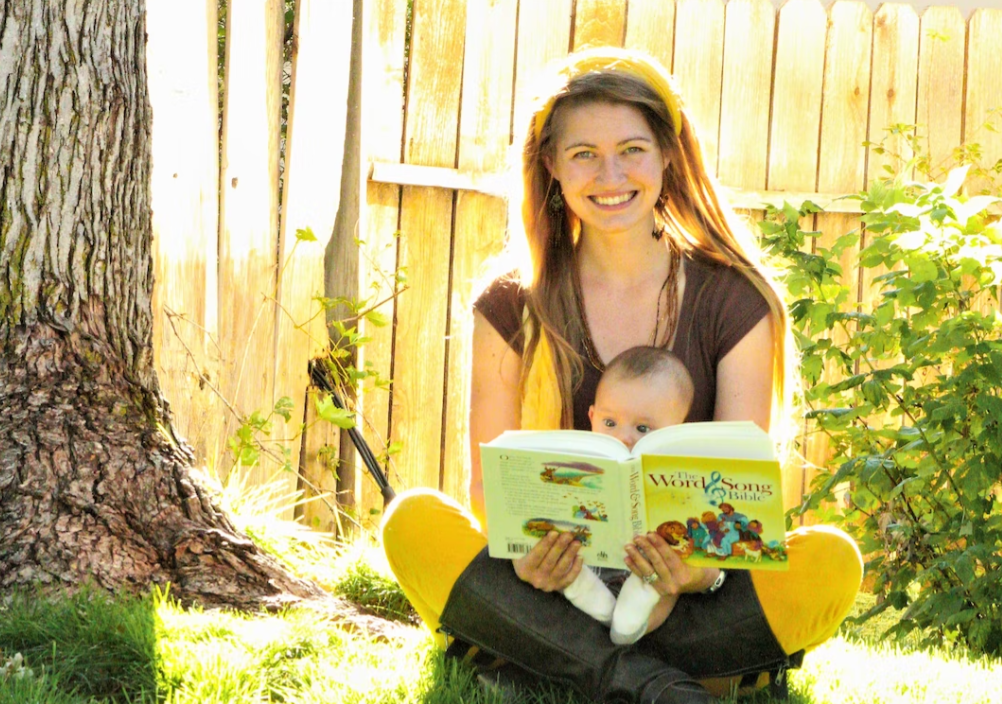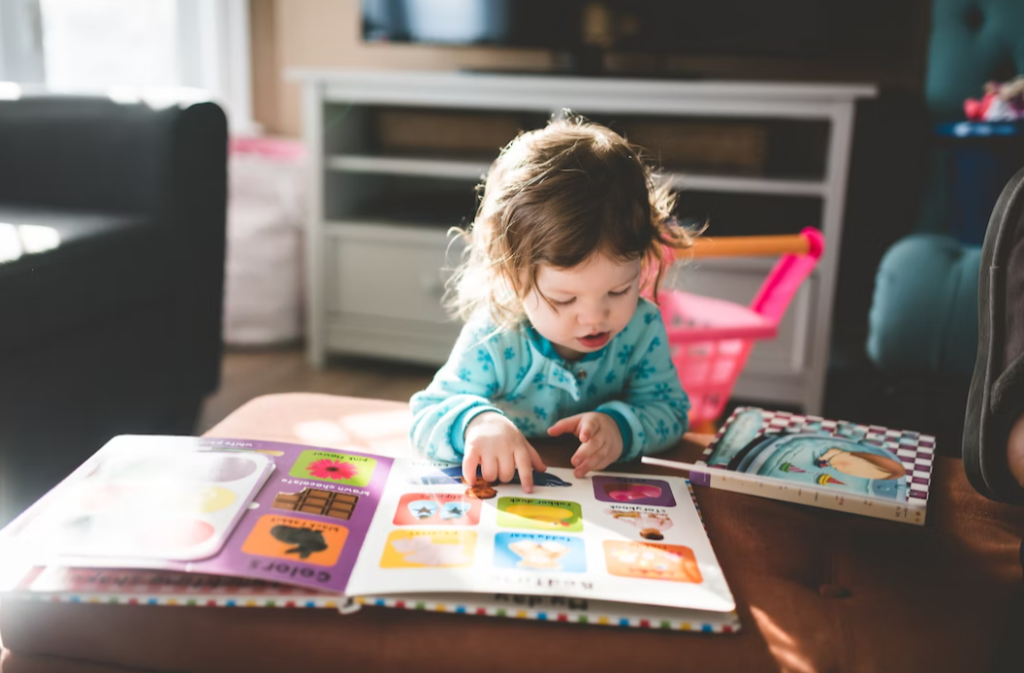Meditation For Children
Learn about children’s meditation and how to teach your child to slow down and relax.

Selfpause Affirmation App
Download the app to get 1,000’s of affirmation meditations and everything you need to write, record and listen to your own.
Meditation for children can be a great way to get your child to slow down and learn to relax. Most children can focus for a short period of time, so start them out with shorter periods and work up from there. They can even learn to slow down their breathing and count silently. But it’s important to be patient and make sure your child knows the proper way to do it.
Guided meditations for children

Guided meditations for children help kids relax, direct their attention, and release their energy. These meditations are especially beneficial for children who have trouble falling asleep. Using a child-friendly script, you can record your voice to perform the meditation with your child. You can also use images of the child’s best friend or sibling, which will help them relax and focus.
When it comes to meditation, children have a natural curiosity. They want to explore the new things they encounter. For instance, mindfulness is about being aware of the present moment and reducing mental chatter. Practicing meditations with children is a great way to get them relaxed and focused, and you can download them from an app or create your own scripts. Whatever you choose, it is important to keep your child focused on the good things in life.
Nowadays, kids live in a very competitive world. Their dreams and goals are often squashed in school or in the playground, and they are often mocked for them. These situations can cause a lot of negative emotions for some children. Guided meditations for children can help them deal with their inner tension, develop self-love, and cultivate joy.
Although teaching meditation to children can be challenging, it is important to remember that it can help kids process their feelings. It also helps them learn new information and become more focused. Kids can learn a lot from adults who meditate and model it. For this reason, it is essential to find a meditation program for kids that your child can relate to.
Meditation for children can also help children improve their working memory capacity. The ability to retain and manipulate information through the mind is one of the most important skills a child can learn. This ability can improve academic performance, as well as their literacy skills. It is not uncommon for parents to wonder if their children should try meditation for children.
Using meditation for children is a great way to start the day. This practice will help them melt away any unwanted feelings and help them get a good start. Children can learn about the importance of mindfulness, gratitude, and generosity through this practice.
Scripts for children

Meditation scripts for children are a great way to get kids started with mindfulness. These scripts can be found on YouTube and can also be downloaded as mp3 files. There are several different types of meditation scripts for children, and you can choose which one is best for your child. The script should be easy to follow and should be age-appropriate.
Some of the meditation scripts for children are aimed at helping children relax. A script that encourages deep breathing and a soothing tone of voice is great for kids who are suffering from anxiety and stress. There are also scripts for kids that encourage calmness and help children fall asleep. Some parents have found that reading a script is the most effective way to put their children to sleep. Teachers and therapists have also found that using a meditation script can help kids reduce their stress levels and improve their overall health and well-being.
Relaxation for Kids is a script that guides both kids and adults through the process of relaxation. It uses progressive muscle relaxation, calming phrases, and simple breathing techniques to help children and adults relax. It is designed for both adults and children, but it can also be used by adults looking to learn how to relax quickly.
When teaching meditation to children, you must remember to take note of the level of cognition of the child. This is very important, as words that are second nature to adults can be confusing for kids. Also, remember to keep your expectations realistic. The goal is to help the child practice meditation in a way that benefits them as much as possible.
Scripts for meditation for children are an excellent way to help children develop the skills needed for self-awareness and concentration. These scripts are written in language that children can easily understand, and they help children learn the benefits of meditation. Children can benefit from guided imagery because it helps them access their inner wisdom.
The benefits of meditation for children are numerous. The first benefit is that kids meditation helps them to relax, and it is a great way to help them deal with stressful situations. It also improves their self-esteem, and helps them to learn how to separate themselves from peer pressure. This practice also helps them develop a positive sense of self and allows them to reflect on their daily successes.
Ways to introduce meditation to your child

If you want to introduce meditation to your child, it is important to start small and make it a daily practice. The simplest way to begin is by offering a few minutes each day to eat one mindful bite at breakfast or dinner. During this time, all of the family members should take a moment to be fully aware of each element of their food, including smell, taste, and texture.
A good way to get your child started is to use storytelling elements. Try narrating stories to your child while they meditate. This will help them understand the various parts of their body, which is beneficial when practicing meditation. Children who love to sing will enjoy this. Chanting a mantra can be an easy but meaningful way to introduce meditation to your child.
In addition to sharing stories about meditation, parents can also help their children learn about the benefits of meditation by modeling the behavior themselves. Children look to their parents for guidance, so you can demonstrate breathing techniques or walk your child through a guided meditation. If possible, make the experience as fun as possible.
When you introduce meditation to your child, you should first start by introducing it gradually. It is best for kids over 5 years old. To get your child interested, picture the child’s best friend or a sibling. Then, ask your child to sit and think of this image for a few seconds. Your child should be able to identify with this picture and follow it.
Meditation is a great way to improve your child’s concentration, creativity, and self-esteem. Children are often stressed due to pressures at home and at school, and it is important to remember that a little time for rest and relaxation will help them feel better. Practicing meditation is a valuable skill that can help them cope with stress, shyness, and anxiety.
While you can do formal meditation with your child, you can also incorporate mindfulness and meditation into everyday activities. For example, a budding artist can pause to appreciate the feel of a crayon on their finger, while a child may wish to express gratitude for their food. Bringing meditation into the home environment can also help children to develop empathy and a sense of well-being.
Scripts for children’s meditations

Scripts for children’s meditations are designed to help children cope with anxiety and stress. These scripts can be practiced at any time, and they help children develop healthy habits. For example, the meditation script “Breathing Calm” is useful for kids when they feel overwhelmed and out of control. The script takes five minutes and is appropriate for children aged five and older.
Scripts for children’s meditations are especially beneficial if you are looking for a simple way to help your child learn meditation. Many scripts include full-body relaxation exercises and fun adventures such as a magical carpet ride. Many parents find guided meditation to be the best way to get their kids to sleep. Teachers and therapists have also cited positive results from using these scripts with their patients.
Scripts for children’s meditations can help children develop mindfulness, build concentration, and develop self-awareness. These scripts are written in kid-friendly language, and they can be easily adapted to meet the needs of different students. The scripts also allow teachers to personalize these meditations for their students.
Scripts for children’s meditations are an excellent way to get your children to start their day calmly and with confidence. You should practice reading these scripts to them to get a comfortable rhythm. Once the script has been chosen, choose a quiet spot to read it to your child. Read it in a soothing voice and stop frequently to observe your child’s reactions.
Children’s meditations can be conducted while they are awake, and they are a good way for them to access their inner wisdom and cope with stress. Children can even learn mindfulness through guided imagery. By focusing on a specific image, children can focus their minds on the positive things that they want in life.
Our Top FAQ's
Meditation can help children to develop skills such as focus, concentration, self-awareness, self-regulation, and stress management. It may also improve sleep, reduce anxiety and stress, and enhance overall well-being and happiness.
-
There are many different ways to teach meditation to children, depending on their age and interests. Some ideas include:
- Using guided meditations, stories, or music to help children relax and focus
- Encouraging children to find a quiet, comfortable place to sit or lie down and close their eyes
- Introducing simple, age-appropriate breath awareness or body scan practices
- Using visualization or imagery to help children relax and focus
- Encouraging children to find a personal object to hold or look at as a focus during meditation
Meditation techniques for children can vary depending on their age and developmental level. For younger children, simple practices such as deep breathing, listening to calming music, or coloring in a coloring book can be effective. For older children, more formal meditation practices such as mindfulness or loving-kindness meditation may be appropriate. It’s important to tailor the meditation practice to the child’s individual needs and interests.
One way to encourage children to practice meditation regularly is to make it a part of their daily routine, such as by setting aside a specific time each day for meditation. It can also be helpful to model a regular meditation practice yourself, and to make the practice enjoyable and non-judgmental for the child. Encouraging children to express their experiences with meditation and discussing the benefits of the practice can also be helpful in promoting regular practice.
In general, meditation is considered a safe and beneficial practice for children. However, it is important to be mindful of any potential risks or drawbacks. For example, some children may find it difficult to sit still or concentrate for extended periods of time, and may become frustrated or upset if they are unable to do so. It’s important to be patient and understanding with children as they learn to meditate, and to adjust the practice as needed to meet their individual needs and abilities. It’s also important to recognize that meditation is not a substitute for necessary medical or psychological treatment, and to seek professional help if your child is experiencing significant distress or difficulty.
